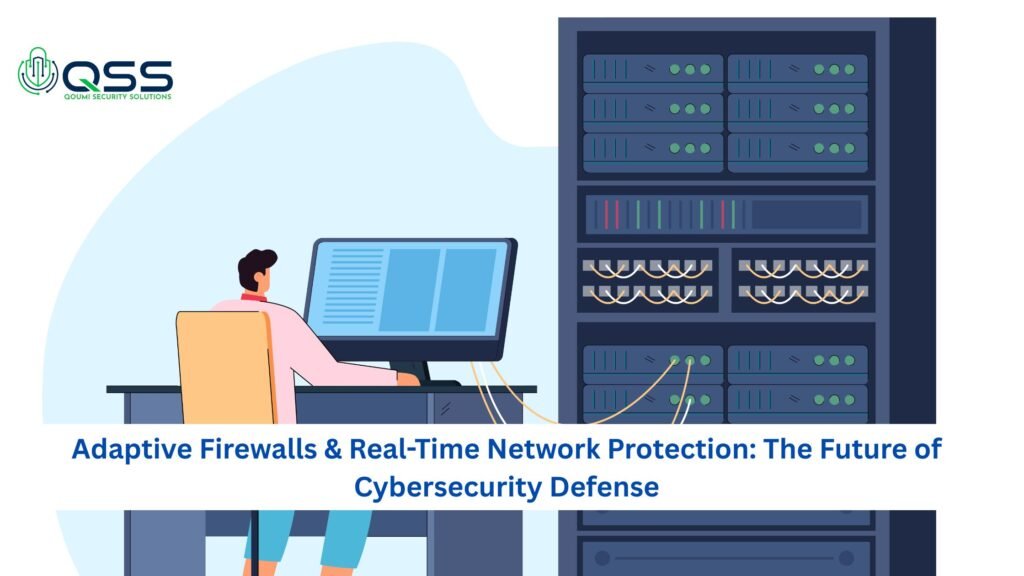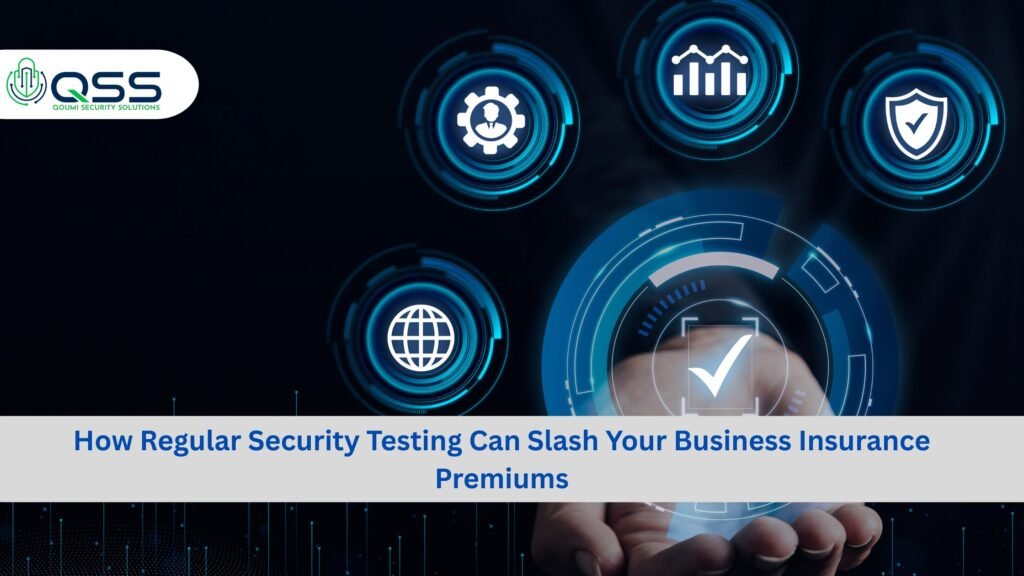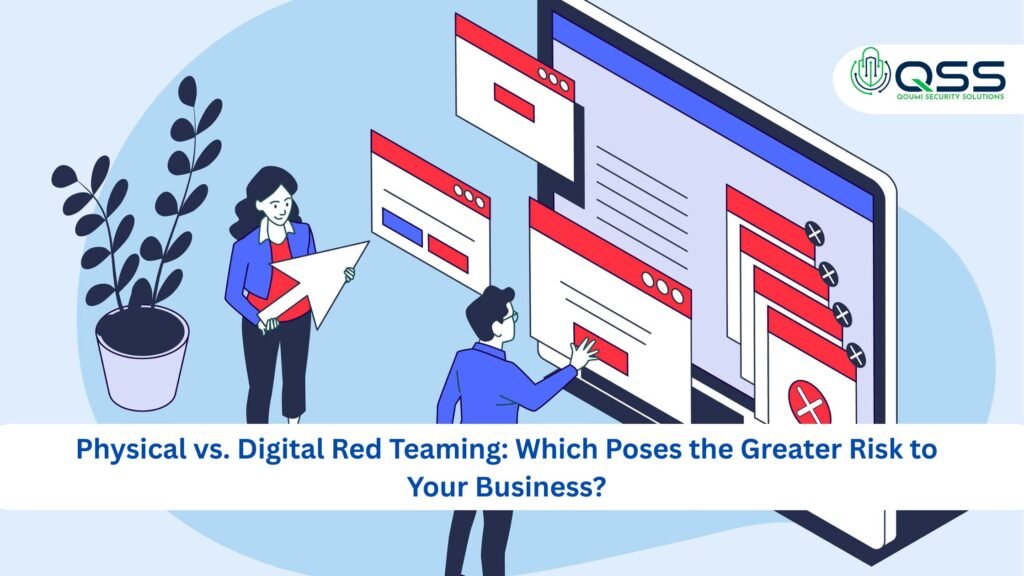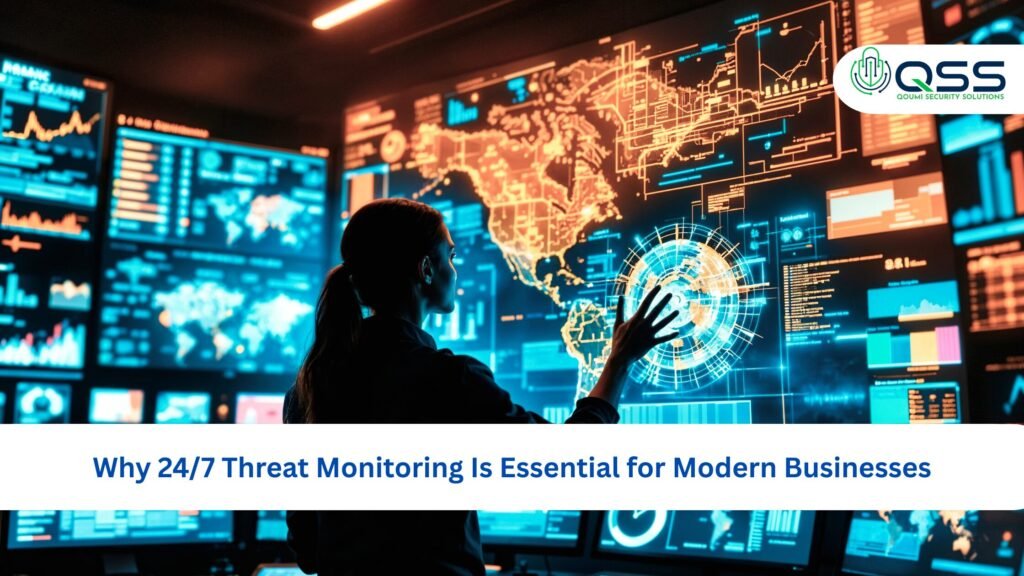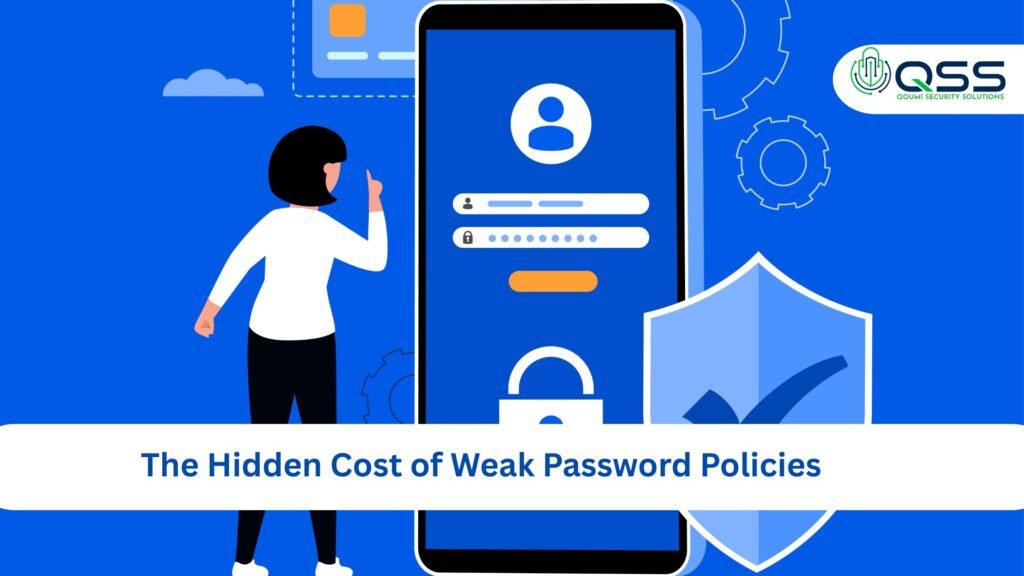What questions should businesses ask when choosing a cybersecurity service provider?
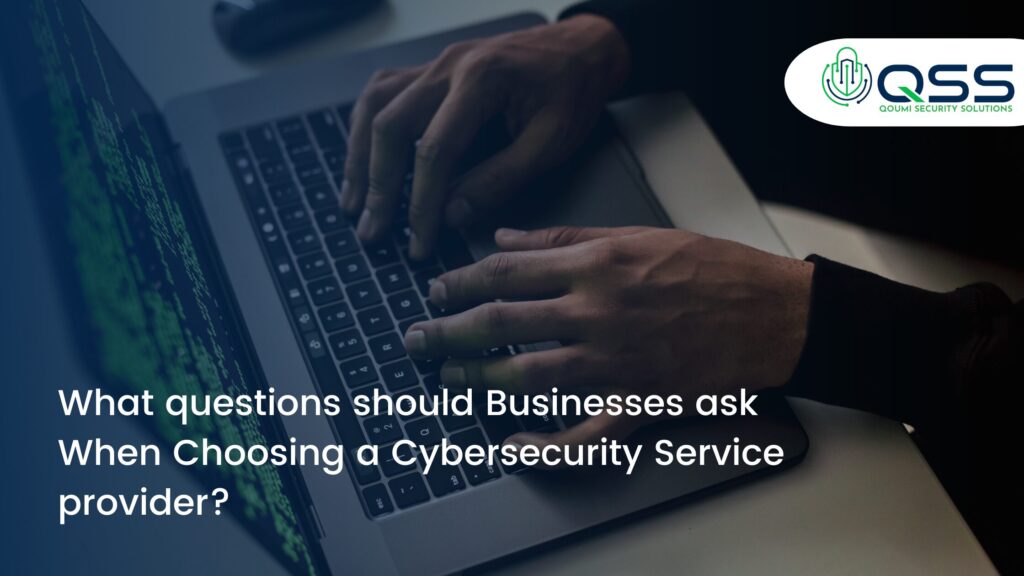
2 .What questions should businesses ask when choosing a cybersecurity service provider?
In today’s digital landscape, choosing the right cybersecurity service provider is crucial for safeguarding your business from increasingly sophisticated cyber threats. With so many options available, it can be challenging to determine which provider aligns best with your needs. To make an informed decision, businesses must ask the right questions during the selection process. Here’s a detailed guide on the essential questions to consider.
- What Is Your Experience in the Industry?
Cybersecurity is not a one-size-fits-all solution. Each industry has unique vulnerabilities and compliance requirements. For instance, a healthcare provider must prioritize HIPAA compliance, while a retail business might focus on securing payment systems.
Why It’s Important: Understanding the provider’s experience ensures they are familiar with your industry’s specific needs and can offer tailored solutions.
- What Services Do You Offer?
Cybersecurity is a broad field, encompassing services such as threat detection, incident response, endpoint protection, vulnerability assessments, and compliance management.
Ask:
- Do they offer comprehensive, end-to-end solutions?
- Can they scale services to match your business’s growth?
Why It’s Important: A provider that offers a wide range of services can adapt to your evolving needs and provide consistent protection.
- How Do You Handle Threat Detection and Incident Response?
Timely detection and response are critical to minimizing the impact of a cyberattack.
Ask:
- What tools and technologies are used for real-time threat detection?
- Do they offer a 24/7 monitoring service?
- What is their average response time for incidents?
Why It’s Important: Quick action can prevent a minor breach from escalating into a full-blown crisis.
- Can You Provide References or Case Studies?
A reputable provider should have a proven track record of success with businesses similar to yours.
Ask:
- Can they share case studies or success stories?
- Do they have client testimonials or references you can contact?
Why It’s Important: References and real-world examples demonstrate the provider’s expertise and reliability.
- What Certifications and Accreditations Do You Hold?
Cybersecurity providers must adhere to industry standards and best practices.
Ask:
- Are their team members certified in areas such as CISSP, CISM, or CEH?
- Do they comply with standards like ISO 27001 or NIST?
Why It’s Important: Certifications indicate the provider’s commitment to maintaining high levels of competence and professionalism.
- How Do You Approach Compliance and Regulatory Requirements?
Businesses must comply with various laws and regulations governing data security and privacy.
Ask:
- Can they assist with compliance audits and reporting?
- Do they understand the specific regulations that apply to your industry?
Why It’s Important: A provider knowledgeable about compliance can help you avoid costly fines and legal issues.
- What Is Your Approach to Employee Training?
Human error is one of the leading causes of cybersecurity breaches.
Ask:
- Do they offer employee awareness training?
- Can they conduct phishing simulations or provide best practices for staff?
Why It’s Important: A well-trained workforce is your first line of defense against cyber threats.
- What Is Your Pricing Model?
Cost is a significant factor, but it should be weighed against the value and scope of services offered.
Ask:
- Is pricing based on a subscription, usage, or a flat fee?
- Are there any hidden costs for additional services or upgrades?
Why It’s Important: Transparent pricing helps you budget effectively without surprises.
- How Will You Customize Solutions for My Business?
Every business has unique cybersecurity needs based on size, industry, and infrastructure.
Ask:
- Do they perform a thorough assessment of your current security posture?
- Can they design a customized strategy to address your specific vulnerabilities?
Why It’s Important: Tailored solutions ensure maximum protection for your unique business environment.
- How Do You Stay Updated on Emerging Threats?
The cybersecurity landscape changes rapidly, with new threats emerging every day.
Ask:
- How do they keep up with the latest technologies and threat trends?
- Are they part of any threat intelligence-sharing networks?
Why It’s Important: A proactive provider will stay ahead of the curve, ensuring your business remains protected.
- What Is Your Disaster Recovery and Business Continuity Plan?
A good provider should help you prepare for worst-case scenarios.
Ask:
- Do they offer data backup and recovery services?
- Can they assist in creating a business continuity plan?
Why It’s Important: These measures can help minimize downtime and financial losses in the event of a cyberattack.
- What Levels of Support Do You Offer?
Reliable support is essential, especially during a security incident.
Ask:
- Is support available 24/7?
- What are the escalation procedures in case of critical issues?
Why It’s Important: Timely support can make all the difference in mitigating the impact of a cyber incident.
